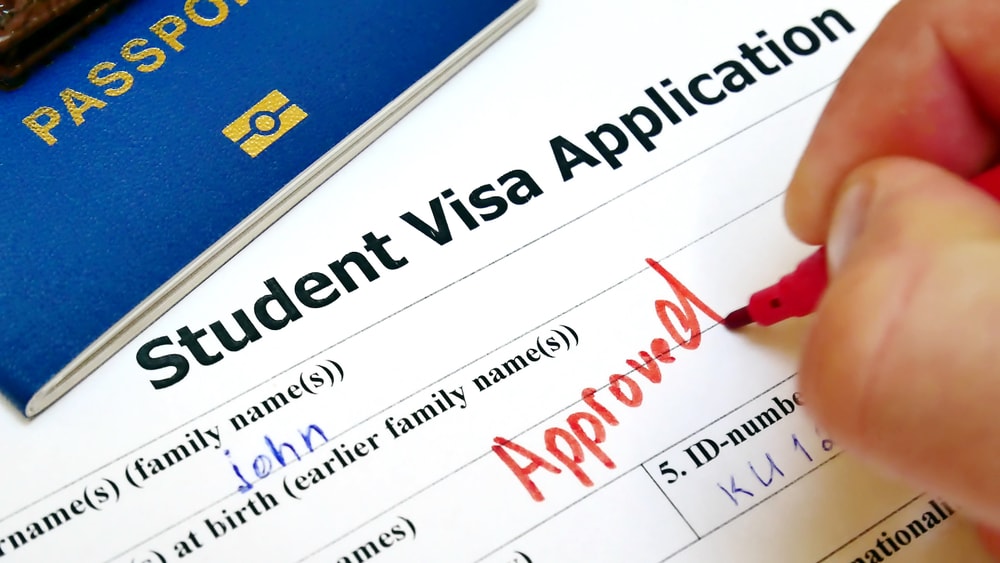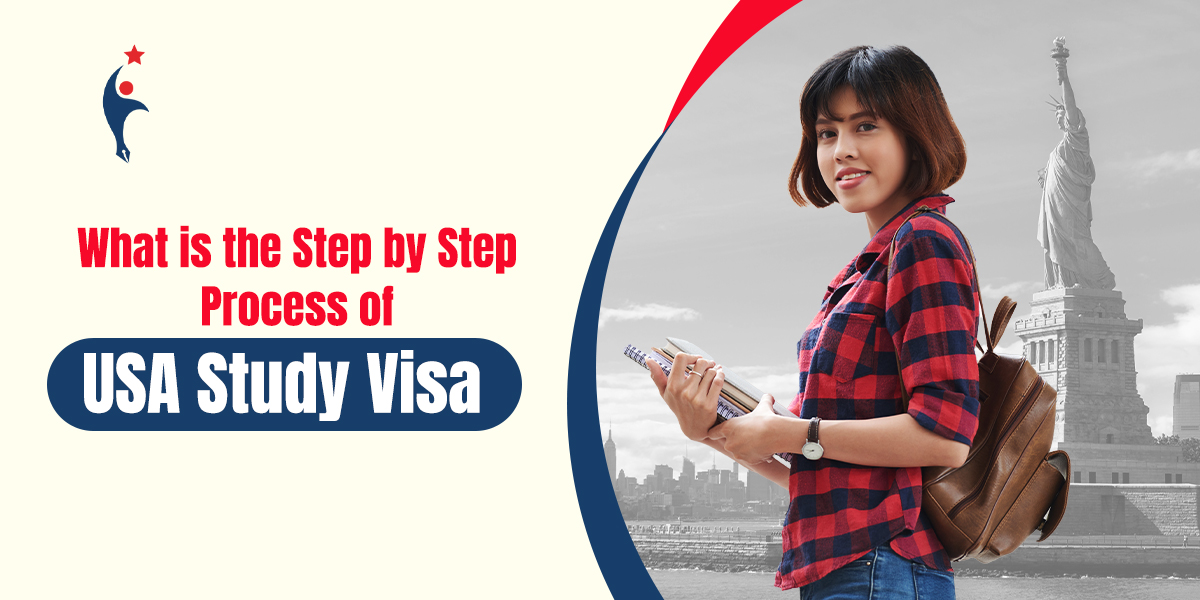Your partner and children
Your partner and children (‘dependants’) may be able to apply to come to the UK or stay longer in the UK.
You must be one of the following:
- a government-sponsored student starting a course that lasts longer than 6 months
- a full-time student on a postgraduate level course (RQF level 7 or above) that lasts 9 months or longer
If your postgraduate level course starts on or after 1 January 2024, it must be either:
- a PhD or other doctorate (RQF level 8)
- a research-based higher degree
Your dependants
A dependant partner or child is one of the following:
- your husband, wife or civil partner
- your unmarried partner
- your child under 18 years old – including if they were born in the UK during your stay
You’ll need to provide evidence of your relationship when you apply, for example:
- a marriage or civil partnership certificate for your partner
- a birth certificate for your child
Your child

You’ll need to prove that your child is both:
- not married or in a civil partnership
- living with you, unless they’re living away from home in full-time education – for example, at boarding school or university
You’ll need to provide 2 of the following documents confirming their address:
- a bank statement
- credit card bills
- driving licence
- NHS registration document
- an official letter from their university or college
If your child pays you rent or upkeep, you’ll need to give details.
Money they need to support themselves
Your partner and child must each have a certain amount of money available to them. This is in addition to the money you must have to support yourself.
How much money they need depends on where you will be studying. They must have either:
- £845 a month (for up to 9 months) for courses in London
- £680 a month (for up to 9 months) for courses outside London
If you’re applying at the same time as your partner or child (you’re applying together as a family), you’ll need to prove you have both money to pay for your course and to support yourself and additional money for each of them.
If your partner or child is applying at a different time to you (they’re applying separately) they only need to prove they have money to support themselves.
You (or your partner or child) must have this money for at least 28 consecutive days. The end date of the 28 day period must be within 31 days of the date they apply for their visa.
If you have a student loan or financial sponsorship, you’ll need to provide evidence of this from your loan or sponsorship company. If your loan does not cover your partner or child, you’ll need to prove you have money to support them instead.
When they do not need to prove they have money to support themselves
Your partner or child does not need to prove they have this money if they’ve been in the UK with a valid visa for at least 12 months.
If you and your partner or child are from a country listed under the ‘differential evidence requirement’ and you’re applying at the same time, they do not need to prove they have money to support themselves.
However, they might be asked to provide this evidence before they get a decision on their application.
If they do need to provide it, they’ll be contacted by UK Visas and Immigration (UKVI) after they’ve submitted their application.
Apply outside the UK
Your partner and children must either:
They’ll need your application number – you get it when you apply. This number is called a Global Web Form (GWF) or a Unique Application Number (UAN). You’ll find it on emails and letters from the Home Office about your application.
As part of their application, they’ll need to have their fingerprints and photograph taken at a visa application centre (to get a biometric residence permit).
They’ll have to collect their biometric residence permit within 10 days of when they said they’d arrive in the UK.
They may be able to pay to get their visa faster or use other services depending on which country they’re in – check with the visa application centre.
How long they can stay
If their application is successful, their visa will end on the same date as yours.
Apply inside the UK to extend or switch
Your partner or child can apply to extend or switch their visa either:
- at the same time as you apply to extend or switch your own visa
- at any time before their current visa expires
This includes children who have turned 18 during your stay.
Your partner or child cannot apply to switch in the UK if they have one of the following visas:
- a visit visa
- a short-term student visa
- a Parent of a Child Student visa
- a seasonal worker visa
- a domestic worker in a private household visa
Fees
Each person will need to pay:
- £490 for the visa
- the healthcare surcharge – check how much they’ll have to pay
They’ll need to have their biometric information (fingerprints and a photo) taken – there’s no fee for this.
They’ll need your application number – you get it when you apply. This number is called a Global Web Form (GWF) or a Unique Application Number (UAN). You’ll find it on emails and letters from the Home Office about your application.
As part of their application, they’ll be asked to make an appointment at a UK Visa and Citizenship Application Services (UKVCAS) service point to provide their biometric information (fingerprints and a photo).
They’ll also need to submit their supporting documents. They can:
- upload them into the online service
- have them scanned at their UKVCAS appointment
They must not travel outside of the UK, Ireland, the Channel Islands or the Isle of Man until they get a decision. Their application will be withdrawn if they do.
Getting a faster decision
They may be able to pay to get a faster decision – they’ll be told if they can when they apply.
Children born in the UK
If you have a child while you’re in the UK, they do not automatically become a British citizen.
You must apply for your child’s dependant visa if you want to travel in and out of the UK with them.
The form you fill in depends on whether your child is inside or outside the UK. Your child must either:
You’ll need to provide a full UK birth certificate for each child, showing the names of both parents.

